SC is likely to hear pleas challenging Waqf Act on 15 April
The Centre on Tuesday filed a caveat in the apex court and sought a hearing before any order was passed in the matter.
PTI
-
The SC would likely to hear a batch of pleas challenging the constitutional validity of the Waqf (Amendment) Act, 2025
NEW DELHI, 8 APRIL
The Supreme Court would likely to hear a batch of pleas on 15
April, challenging the constitutional validity of the Waqf (Amendment) Act,
2025.
The Centre, however, on Tuesday filed a caveat in the apex court
and sought a hearing before any order was passed in the matter.
Caveat is filed by a party in the high courts and the apex court
to ensure that no orders are passed without hearing it.
A Government notification, in the meantime, said Waqf
(Amendment) Act, 2025, which was passed by Parliament last week, comes into
force on Tuesday.
"In exercise of the powers conferred by sub-section (2) of
section 1 of the Waqf (Amendment) Act, 2025 (14 of 2025), the Central
Government hereby appoints the 8th day of April, 2025 as the date on which the
provisions of the said Act shall come into force," the Ministry of
Minority Affairs notification said.
Over 10 petitions, including those by politicians and the All
India Muslim Personal Law Board (AIMPLB) and Jamiat Ulama-i-Hind, were filed in
the top court challenging the validity of the newly-enacted law.
Lawyers privy to the development said the petitions were likely
to be listed for hearing before a bench on 15 April though it is not reflected
on the apex court website as of now.
On 7 April, a bench headed by Chief Justice Sanjiv Khanna
assured senior advocate Kapil Sibal, appearing for Jamiat Ulama-i-Hind, to
consider listing the petitions.
President Droupadi Murmu on 5 April gave her assent to the Waqf (Amendment) Bill, 2025,
which was passed by Parliament after heated debates in both houses.
The bill was passed in the Rajya Sabha with 128 members voting
in favour and 95 opposing it. It was cleared by the Lok Sabha with 288 members
supporting it and 232 against it.
The Dravida Munnetra Kazhagam (DMK), Congress MPs Imran
Pratapgarhi and Mohammad Jawed, AIMIM leader Asaduddin Owaisi, RJD MPs Manoj
Jha and Faiyaz Ahmad, AAP MLA Amanatullah Khan have also filed petitions in the
apex court challenging the validity of the Act.
The AIMPLB filed the plea in the top court late 6 April.
In a press statement, SQR Ilyas, the AIMPLB, said the petition
strongly objected to the amendments passed by Parliament for being
"arbitrary, discriminatory and based on exclusion".
Jamiat Ulama-i-Hind also filed a petition in the apex court,
claiming it was a "dangerous conspiracy" to strip Muslims of their
religious freedom.
In its separate plea filed in the top court, Samastha Kerala
Jamiathul Ulema, a religious organisation of Sunni Muslim scholars and clerics
in Kerala, has claimed the Act was a
"blatant intrusion" into the rights of a religious denomination to
manage its own affairs in the matter of religion.
In a separate plea, Owaisi said the bill took away from Waqfs
various protection which are accorded to Waqfs and Hindus, Jain and Sikh
religious and charitable endowments alike.
NGO Association for the Protection of Civil Rights also filed a
petition in the apex court challenging the constitutional validity of the Act.
AAP MLA Amanatullah Khan sought the law declared
as unconstitutional, being violative of "Articles 14, 15, 21, 25, 26, 29,
30 and 300-A of the Constitution".
Leave a Reply
Your email address will not be published. Required fields are marked *








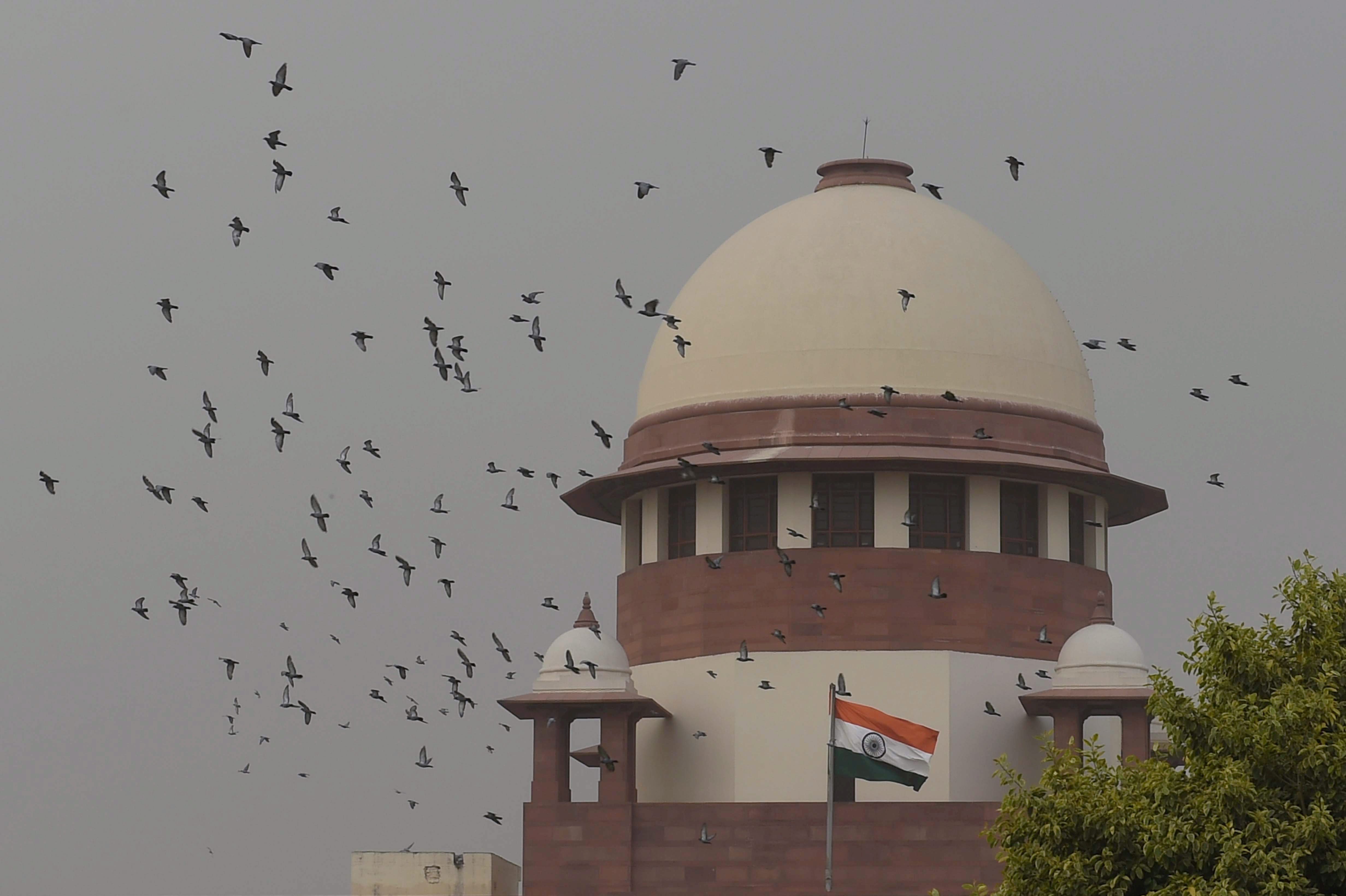

.jpg)

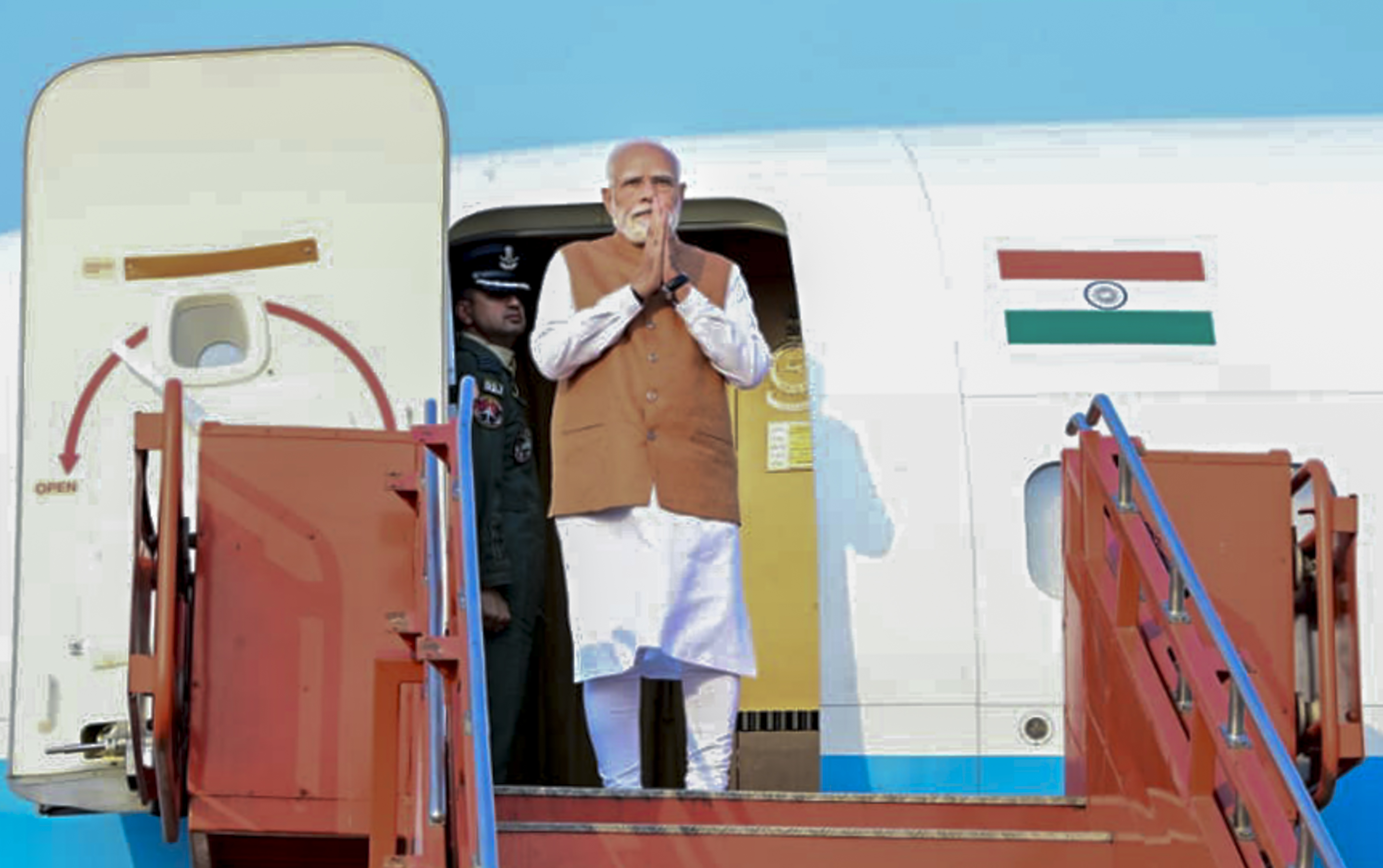
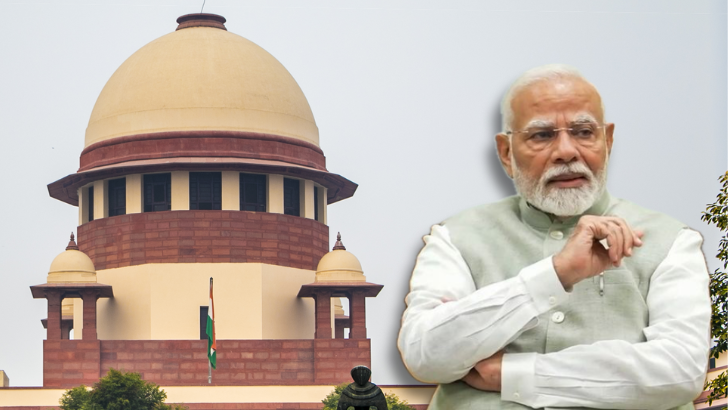
.png)
.png)
.jpg)
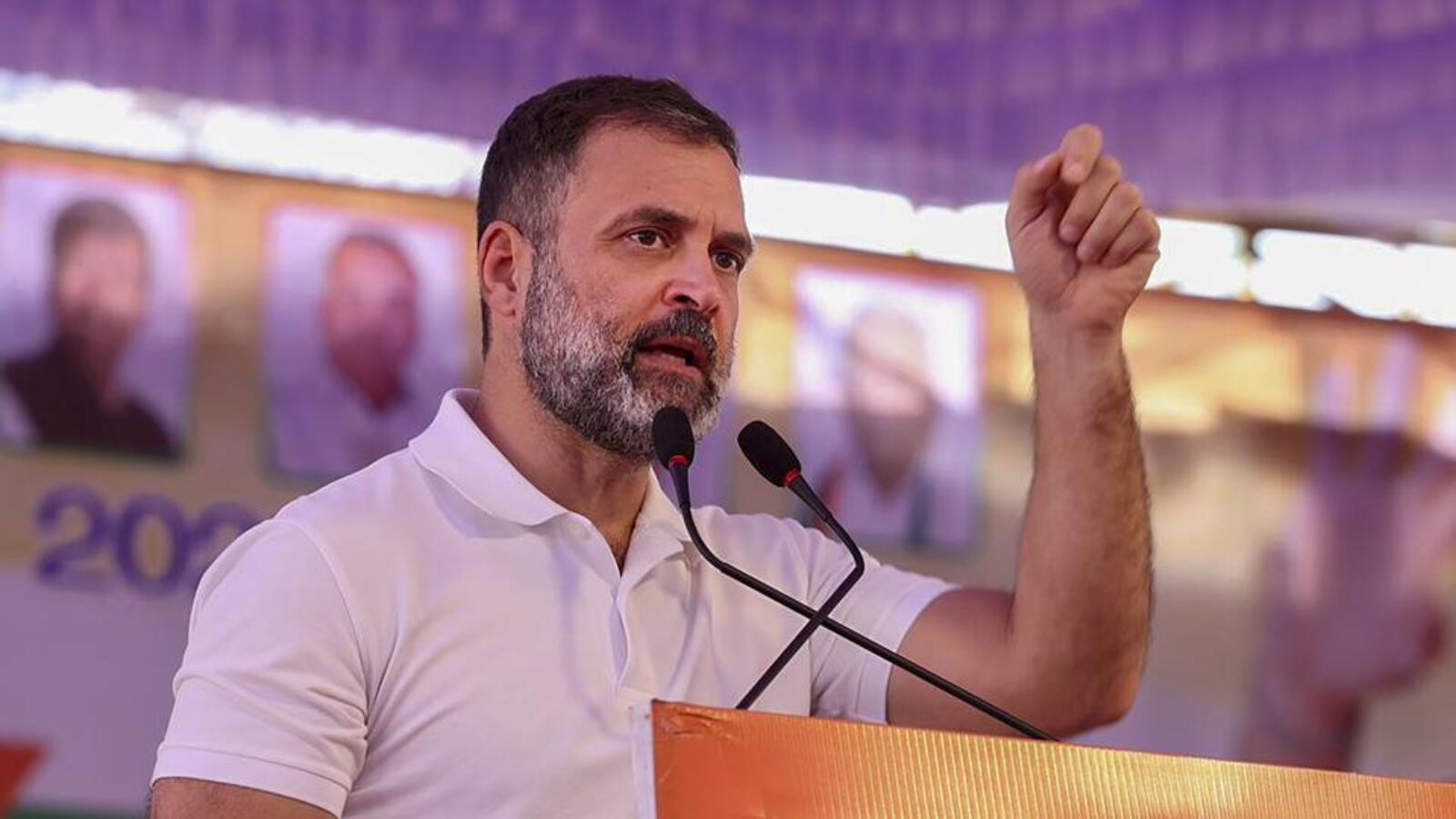
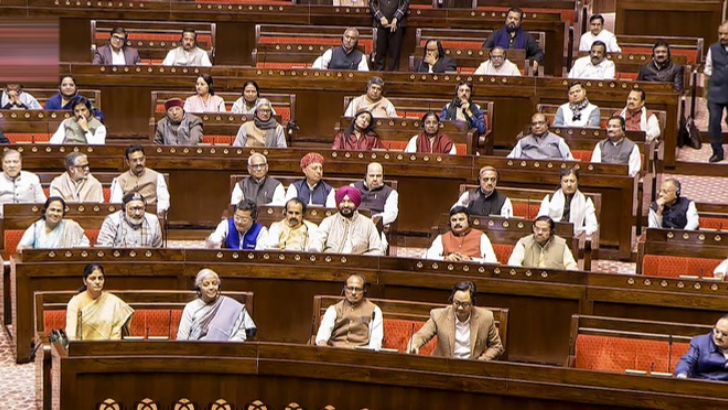
.png)
